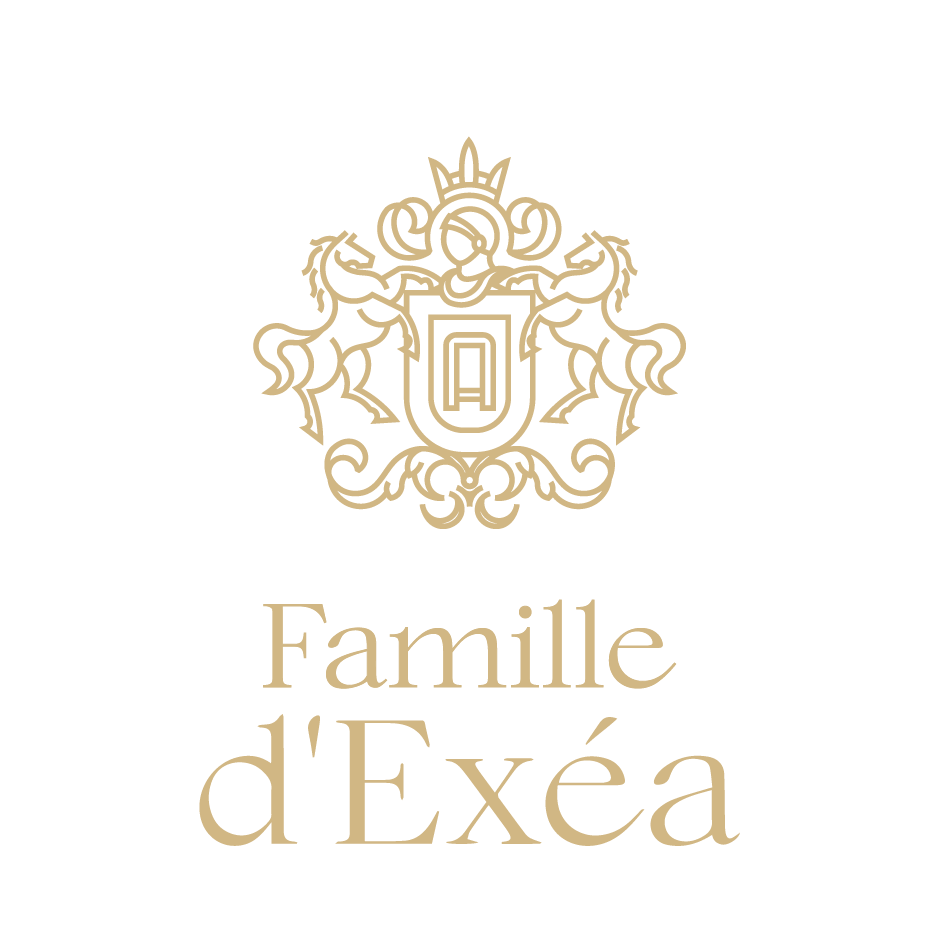We are pursuing a demanding journey as we strive to become a model of
sustainable viticulture and an inclusive, socially innovative company.
The challenge we face is tremendous and relies on the commitment of a team of men and women who can
make Nelson Mandela’s words their own: ‘It always seems impossible, until you actually do it‘.
Initiated in 2010 & certified since 2013
The vineyard is exclusively run according to Organic Farming principles, and our practices, geared towards drastically reducing our inputs, place us ahead of the expected specifications for organic farming, notably when it comes to using products containing copper.
Our approach is based on the principles of both biodynamic agriculture (in particular the use of plants) and organic farming. As a result, we reap the benefits of both practices, in keeping with our overall sustainable approach. We combine different techniques and methods to cultivate the best possible harmony with the land and all things living.
Preserving and developing biodiversity
To re-establish harmony between people and nature, we implement a global management approach incorporating all the eco-systems – soil, subsoil, flora and fauna – and deploy an array of techniques designed to restore environmental equilibrium and promote local biodiversity. Implementing agro-forestry (replanting native varieties of trees), ceasing tilling, grassing the vine rows, practising agro-pastoralism, creating ecological niches and installing nest boxes for birds or bats…
All these measures allow us to reduce environmental pressures, preserve natural resources, reintroduce plant diversity and restore a rich and diverse tapestry of landscapes.
DROUGHT RESISTANT GRAPE VARIETIES
The Domain has elected to select the region’s most emblematic grape varieties, generally resistant to drought conditions.
- Among the ‘most Languedoc’ are Aramon and Cinsault
- Varieties of more or less distant Spanish origin are represented by Grenache, Mourvèdre and Carignan
- Those of Italian origin consist in Vermentino and San Giovese (also known as Neluccio)
REDUCING THE USE OF WATER RESOURCES
- The existing vathouse, one of the largest organic winemaking sites in the Languedoc region, has undergone a complete overhaul to become an eco-responsible site that will eventually reduce water consumption by 50% throughout the vinification and ageing stages.
- The design of the new cellars will eventually feature the installation of a dual water system to avoid ‘lost water’ washing.
ECO-RESPONSIBLE VINIFICATION AND AGEING
Enabling a significant improvement in the overall quality of our products.
- To maintain a constant temperature during the vinification and ageing stages, we have installed a cold water production system and heat exchangers.
- Our main objective is to reduce the risk of microbiological contamination, reduce interventions and, above all, use fewer inputs for wine stabilisation.
A few figures among others

